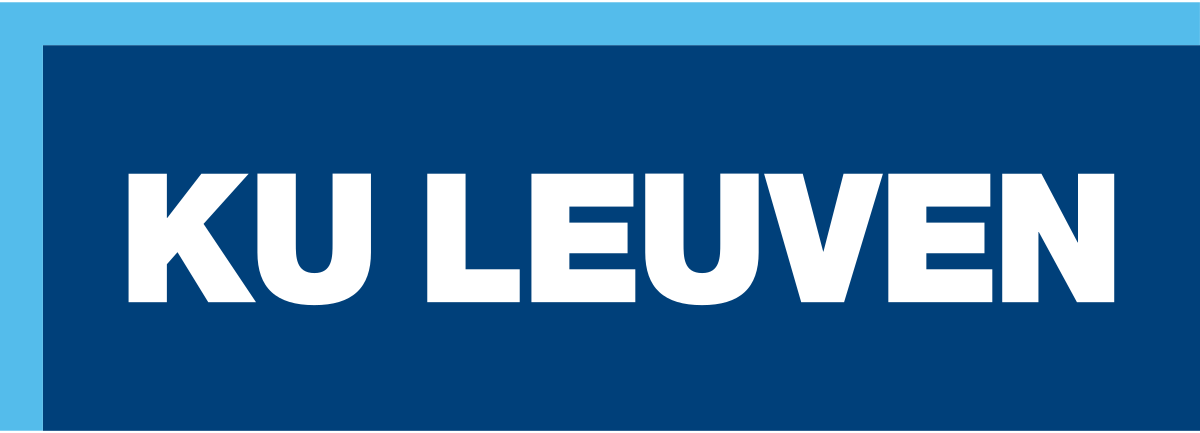KU Leuven: New profession offers broad basic knowledge for a sustainability debate
A new course unit will start at KU Leuven on 9 February. ‘Global challenges for a sustainable society’ is an interdisciplinary subject that aims to provide students with a solid substantive basis on sustainability in twelve lessons. Most bachelor and master students at KU Leuven can take the course as an optional course, but it is also open to other interested parties. And there appear to be a lot of them.
“Many people are concerned about the future of the planet,” says Professor Gerard Govers, Vice Rector for Sustainability Policy. “That is nice to see, but for decades I have noticed that people get involved in the public debate about sustainability while they do not have a lot of basic knowledge. For example, most of the high school students think that nuclear power plants contribute to global warming. So there is clearly a lack of background information about sustainability. ”
The new course attracts people inside and outside the university. | © Shutterstock
In addition, in the public debate through traditional and new media, many exaggerated statements and extreme points of view are discussed, often without much context. “Another example: many people say that they eat locally in order to contribute to a reduction in CO 2 emissions,” says Govers. “I recognize that local food has many advantages, but it makes little difference to the climate. On the other hand, it matters a lot what you eat: eating less or no beef has a significant impact on your personal footprint. ”
“So there is a great need for objective information. Note that it is not our intention to defend any particular view. We only want to offer people the correct facts, so that they can then draw their own conclusions. ”
Sustainability is a broad concept and goes much further than, for example, the environment. A multidisciplinary team of forty teachers developed the content of the course. “First we had to map out what the biggest challenges are for our society, and how we could integrate them into a profession,” Govers explains. Ultimately, the team selected twelve themes, each of which was developed by a different expert group.
System approach
The course uses a systems approach. This means that problems are always viewed in their broader context. When it comes to deforestation, not only are questions such as: how many trees are disappearing and what are they used for, but the relationships with, for example, population growth, industrialization and food production are also examined. The teachers regularly discussed the connections between the different lessons.
“It would be fantastic if a student could link those links to the rest of his or her study and then draw new knowledge from it,” says Zina Burgers of the Sustainability Department, who, together with Ine Coteur, support the teaching team in the development of the profession.
It is quite unique that such a diverse group works together on a subject. “The whole process has been enormously enriching,” says Govers. “We complemented each other very well because of the different backgrounds. For example, Gert Storms, professor of psychology, gave us a crash course in multiple choice questions, as we had little experience with this ourselves from our field. ”
“That does not mean that everyone always agrees,” says Burgers. “The great thing about sustainability is that there is no one right answer. The teaching team enjoyed discussing the content of the course. In their daily life they don’t often get the opportunity to work with colleagues from completely different fields. ”
Great success
Initially the plan was to make a course for KU Leuven students. Govers: “As the profession took shape, we became more and more enthusiastic about it. The corona crisis actually helped us: it suddenly became very easy to open a course, which would already be taught online, to an external audience. ” Successfully. “We already have 600 registrations from external parties, and that after only one Facebook post,” says Burgers.

